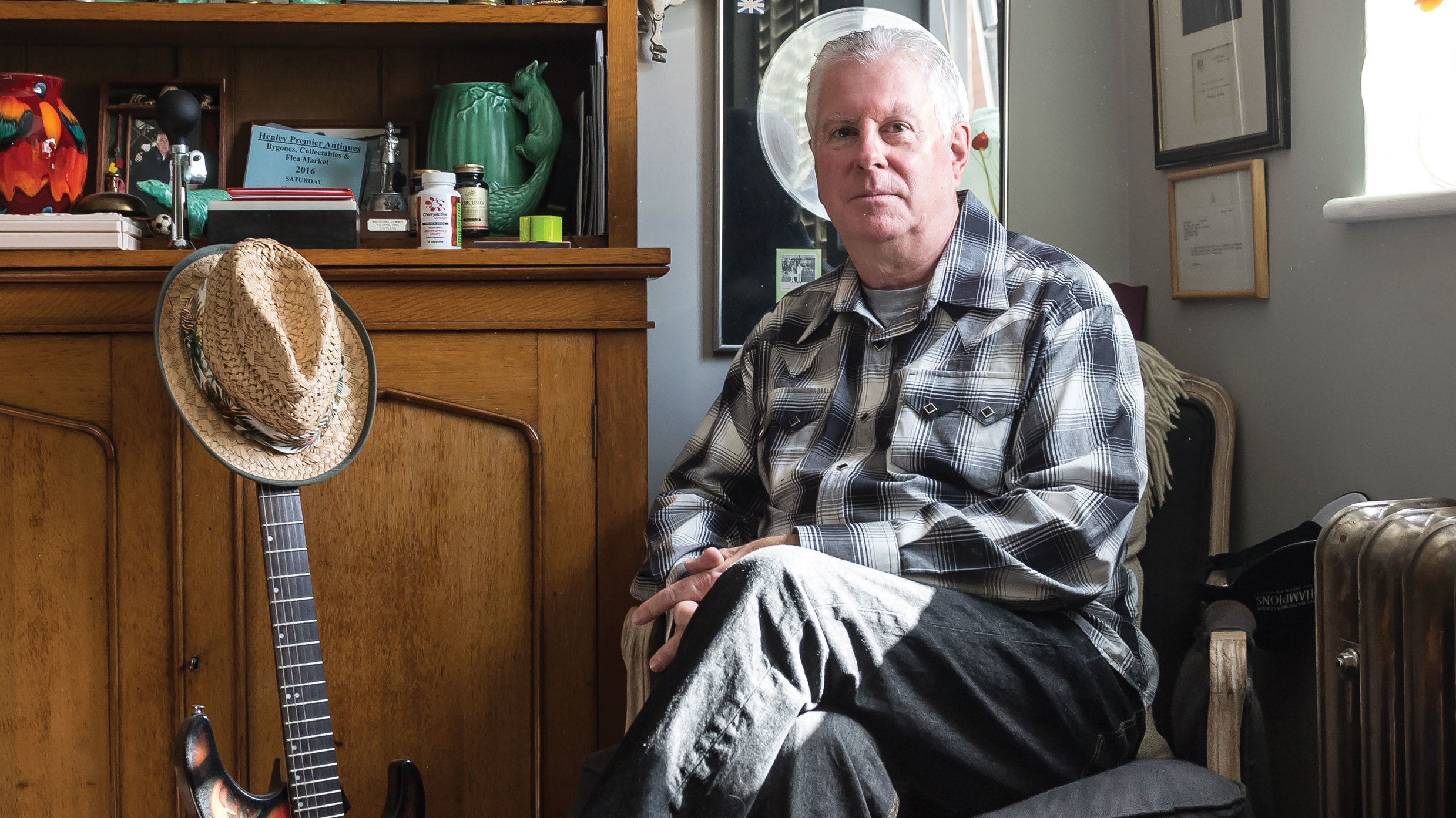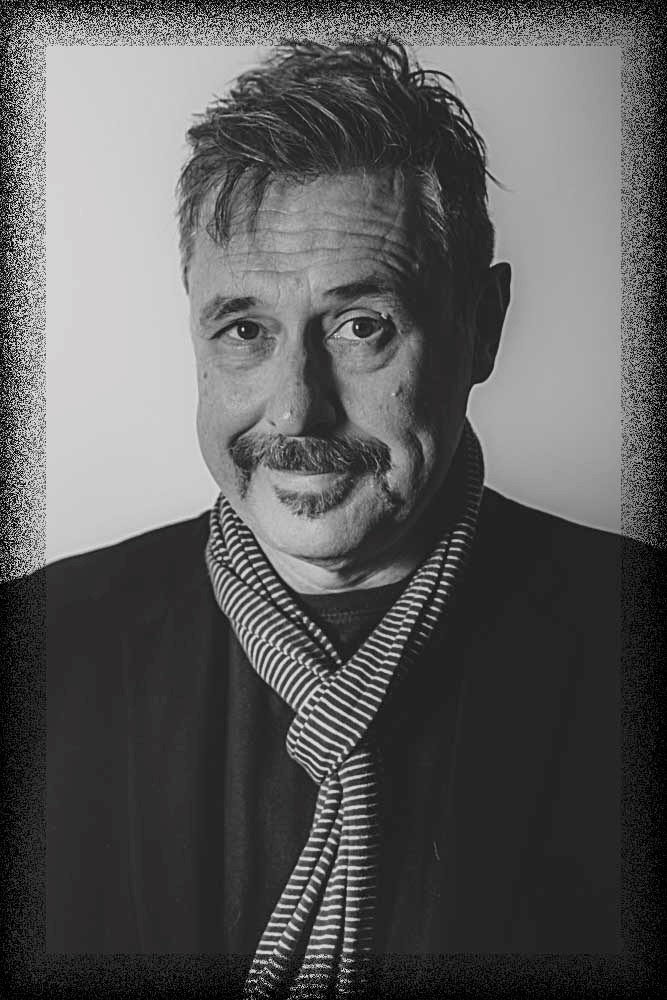Paul Conroy is a UK music industry legend who pulls off the quite rare feat of being larger than life yet understated at the same time. Once described by the Mail On Sunday as “ludicrously well connected”, he’s open and personable, with a wealth of anecdotes readily available across his six decades in the business. However, on paper, Conroy appears a curious addition to our series. His place in our managerial pantheon is technically for what he did on his road to becoming a boss. His two spells as a manager were relatively brief: one, in the 1970s, involved the Kursaal Flyers, a band that assisted in the ushering in of a new era of music that led to punk. The other, in the 00s, was a brief interlude working with Dave Edmunds, Mr Rockpile himself.
But prior to all that, he was at the heart of booking and touring with several of the key names in early-70s prog. He pretended to be a dive‑bomber on stage with Van der Graaf Generator in Italy and encouraged Peter Gabriel to don a fox’s head onstage with Genesis. Conroy’s adaptability has seen him work with prog, pub and punk artists in the 70s, pop artists in the 80s and global icons in the 90s.
Like many of this age, Conroy got his first taste of the business while being a social secretary at college. “When I was at Ewell Tech in Surrey, I promoted, among others, The Nice, Fairport Convention, Caravan and Roy Harper,” Conroy says.
Two gigs stood out for him: King Crimson on June 27 1969 (“I paid them £15 – it was one of their first gigs following getting it together in the country”) and the New Yardbirds, nine months earlier, which was Led Zeppelin’s fifth ever gig. “I was called on the Friday night before the gig and told the band had changed their name.”

It was during this time that Conroy met some people who would inspire him and that he would later work with: Tony Stratton Smith with The Nice, who couldn’t get into the gig at first as he was locked out, and Peter Grant with Led Zeppelin.
Conroy left Ewell Tech and went to teacher training college in Birmingham. He lasted a year before the lure of showbiz and £17 a week enticed him to become an agent with Terry King Associates. “Terry and his wife Linda had an agency roster of The Fortunes and The Foundations, the Strawbs and Caravan,” Conroy says. “Via Tony Stratton Smith – whom Conroy calls “a one-off, a man who developed the most eclectic label ever in the UK” – he had the entire Charisma label roster that existed at that time: Lindisfarne, Audience, Bell and Arc, Genesis, Van der Graaf Generator. I joined a team of three other bookers whose task it was to fill the date sheets of these acts.”
It was the appeal of working with Caravan, one of Conroy’s favourite bands, that drew him in. He’d met the band at Ewell, and with a number of friends in the business, such as A&R man Chris Briggs, agent Nigel Kerr and manager Lindsay Brown, took them on as a challenge to find them success.
Being an agent introduced Conroy to the wilds of London’s Wardour Street, home of the Marquee, the Ship pub and the La Chasse club, where all the young bookers, managers and record company people would meet most evenings.
“It was a great chance to see most of the acts that were performing at that time on their way up,” Conroy recalls. “Terry was a great boss, if a little tight on the expenses if one needed to buy a drink for the thirsty Tony Stratton Smith or the rest of the crew in the bar – and £17 didn’t go far at London prices! We had a very different cottage industry in those days, with weekly music papers and fly-posting as the social media.”
It was through Stratton Smith that his most famous prog connection arose: working with Genesis. He’d first met the group when they appeared in the Charisma management offices, run by ‘Borneo’ Fred Munt, assisted by his then-wife Gail Colson, whom Conroy is full of admiration, for “her ability to manage, deal with difficult situations and a lady in a very male-orientated business”.
“And obviously I saw them at the gigs I booked for them,” he says. “I then became involved with them on the Charisma tours that we promoted with VdGG and Lindisfarne.”
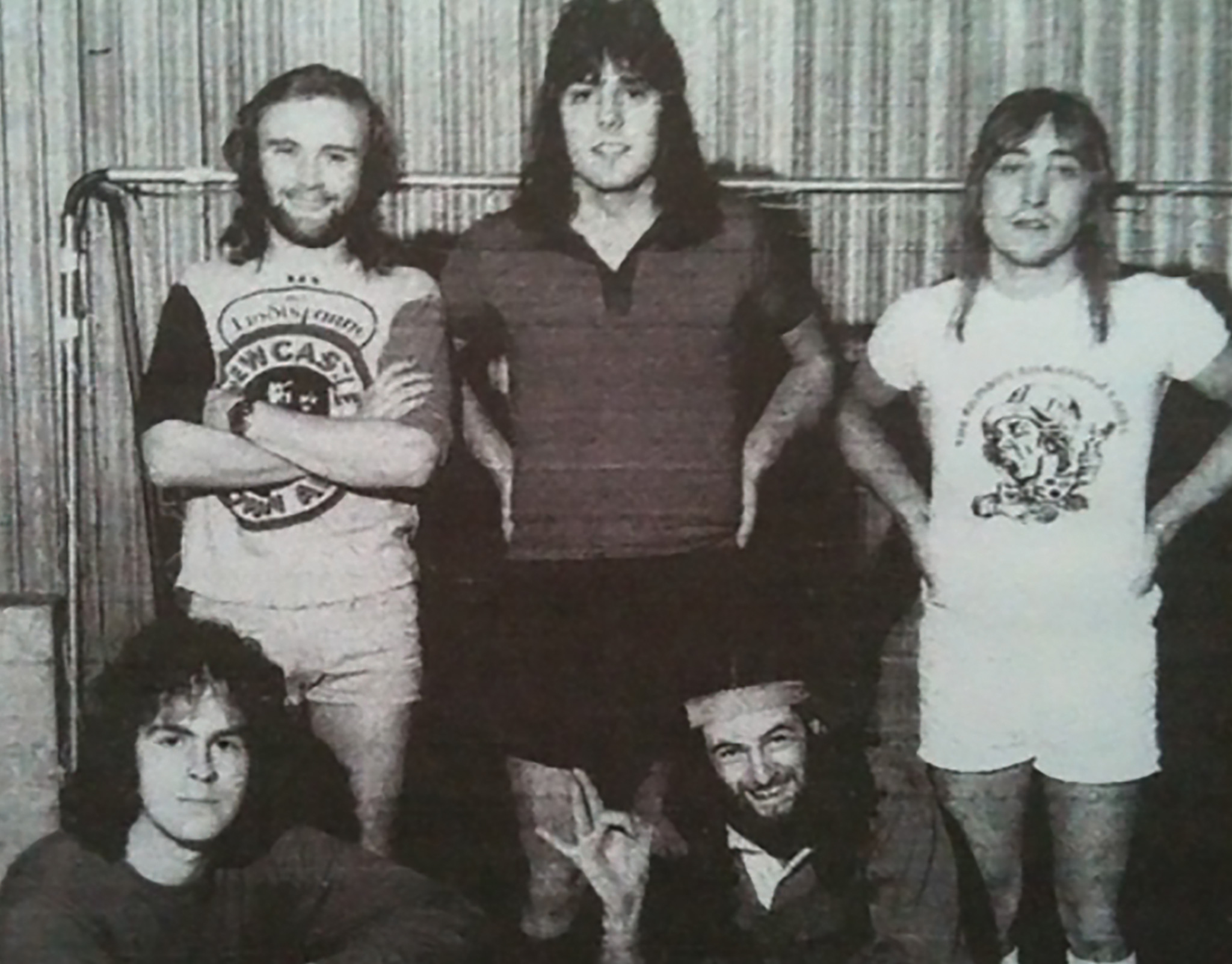
Conroy was the compère and DJ, a role he alternated with Andy Dunkley. “Each band had strong areas of the country and we switched the headliners where needed: Lindisfarne up north in Newcastle and Scotland, VdGG in Manchester and the midlands, and Genesis south of Watford. Genesis were always slightly uncomfortable as they really wanted to headline their own tours and be able to set the stage for the amount of equipment they had.”
It was on Genesis’ legendary tours of Italy that he and the band really became friends, as Conroy was the agency and record company person on the road with them for a period of time. “And as they only had two roadies and a lighting man, I helped them with the set-up and later, in finding props for Peter with the Foxtrot tour.”
It was Conroy who was instrumental in suggesting the fox’s head mask to Gabriel that he first wore onstage in Dublin in 1972. It was to get Genesis on the front pages of the music press.
“The fox’s head came about during a conversation with myself and Charisma’s press director Glen Colson,” Conroy says. “We were talking to Peter and he was confused as to why Lindisfarne and VdGG were getting more press than them. The conversation came round to the fact that their music was great but they needed to have more visual presence on stage. Peter went out and had the fox’s head made. The props department opened and the front pages of the papers followed. From then on I had to find lawnmowers, et cetera.”
It was in Italy too that Conroy toured with VdGG, even becoming part of the act. “I ran round the stage with Mr Hammill at the Lem Club, Verona in February 1972. We were pretending to be aeroplanes to Theme One, the encore!”
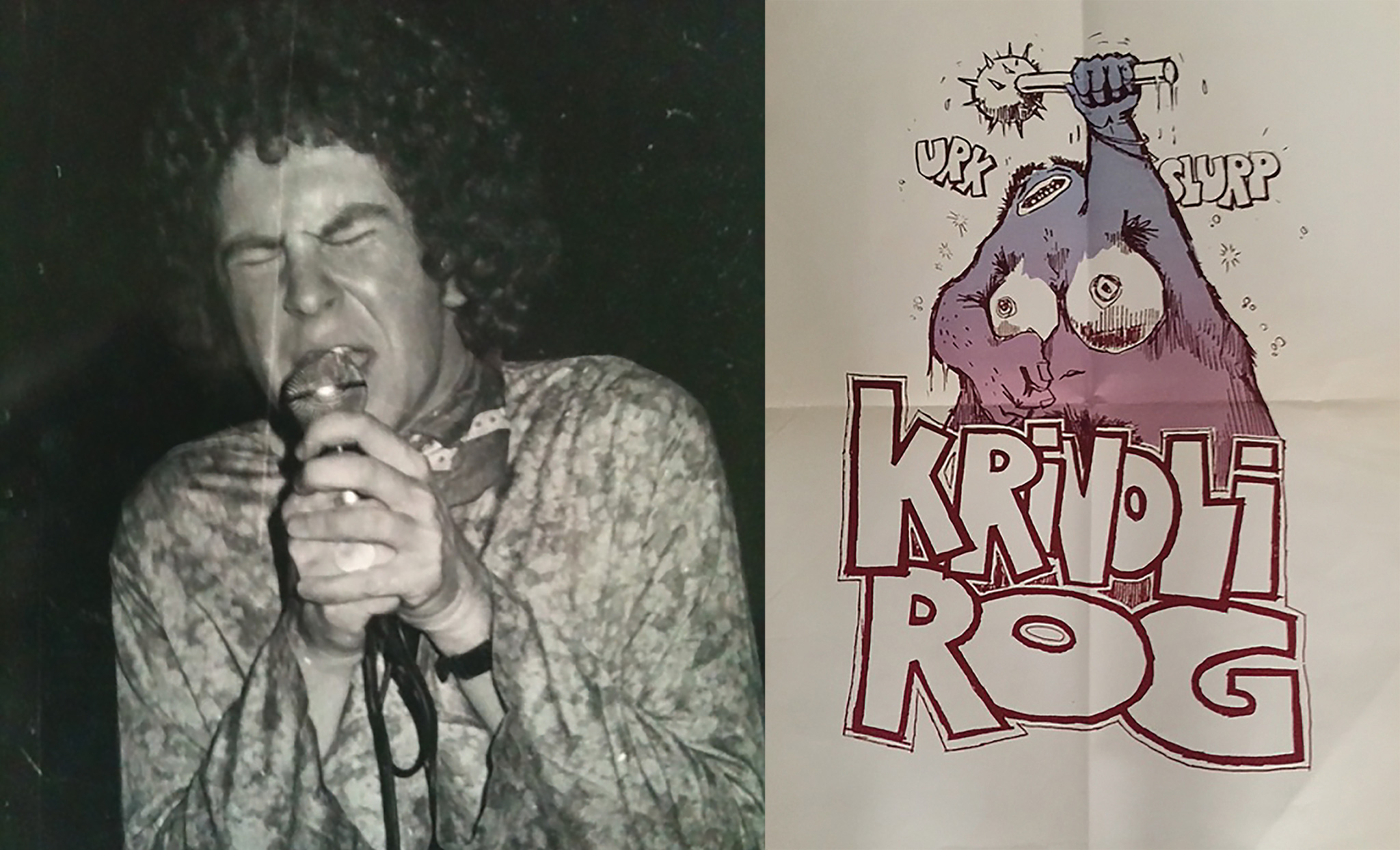
However, Conroy’s time with Charisma was coming to a close. Sensing change was in the air, he began promoting pub rock gigs alongside prog. It was then that he made the move into management, when he began working with Southend band the Kursaal Flyers. Management seemed a logical step. “As an agent, I had been part-time roadie and had always done a lot more than was probably expected of an agent – even down to sharing a flat with [South African prog rockers] Jo’Burg Hawk at one time in Richmond.”
The Kursaals had much more in common with US rock, being a mixture of the Flying Burrito Brothers and, thanks to the spiv-like persona of singer Paul Shuttleworth, an end-of-the-pier revue. In their earlier incarnation as Surly Bird, however, they had supported Yes at Southend Art College. Kursaal Will Birch takes us off on a slight tangent.
“Surly Bird was our slightly prog-inclined forerunner. We supported Yes twice, once at the old art college when they had Peter Banks on guitar, then again at the new college when they were promoting The Yes Album. Steve Howe was on guitar and Tony Kaye’s leg was in plaster. The poster read YES – SURLY BIRD – TANK, which some graffiti artist amended to YES! SURLY BIRD STANK!”
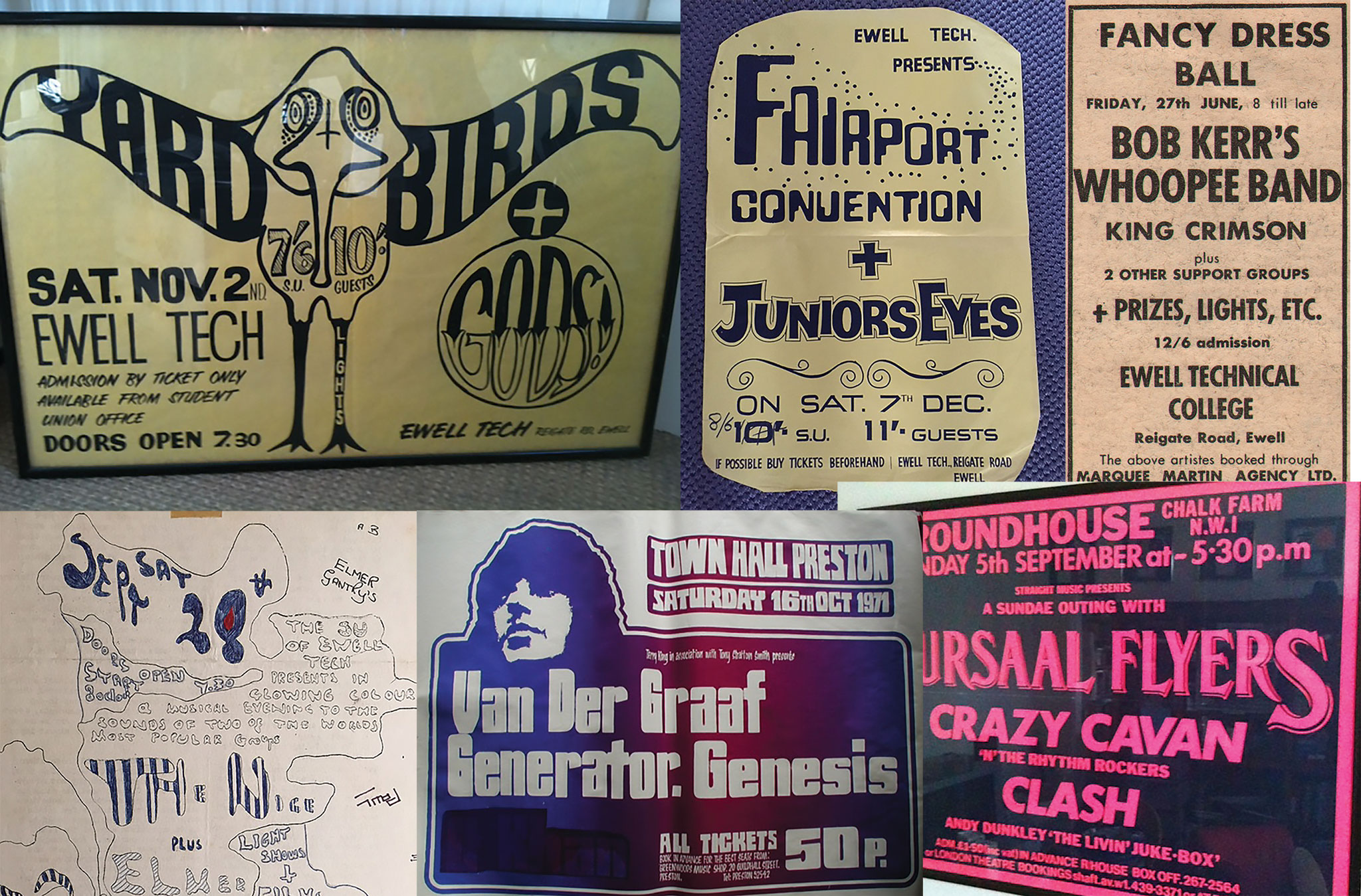
Conroy, who’d met the Kursaal Flyers at the Kensington pub in London, was able to get them a then-unheard-of two-hour documentary on the BBC and was responsible for their appearance on Top Of The Pops, surrounded by washing machines.
“The Kursaals were always a team effort,” Conroy recalls. “Will – writer, drummer and now author – was the driving force in the band. We got to the top of the bill at the Roundhouse and owned the Time Out alternative charts. We had some really enjoyable times on the road but even with their Top 20 UK hit Little Does She Know, we missed that last step to take them further. I left then when I realised I couldn’t do more for them.”
Conroy left to become General Manager at Stiff Records, at the request of Andrew Jakeman, the former tour manager of Chili Willi And The Red Hot Peppers. Jakeman, who had co-founded the label with Graham Parker manager Dave Robinson, was now known by his nom-de-new wave, Jake Riviera. Conroy was enthused by Rivera’s marketing skills and energy, and “also his love of great music. I spent many an evening in his company listening to new acts”.
Conroy and the team had their hands in breaking Elvis Costello, Ian Dury, and later Madness. Stiff was a home for square pegs from the earlier part of the decade – Larry Wallis from the Pink Fairies, Southend legend Mickey Jupp, and former Terry Dactyl And The Dinosaur Jona Lewie – and general oddballs like Tenpole Tudor, the Plasmatics and Yello. It was a small, homespun organisation that survived on hard work and a sense of humour.
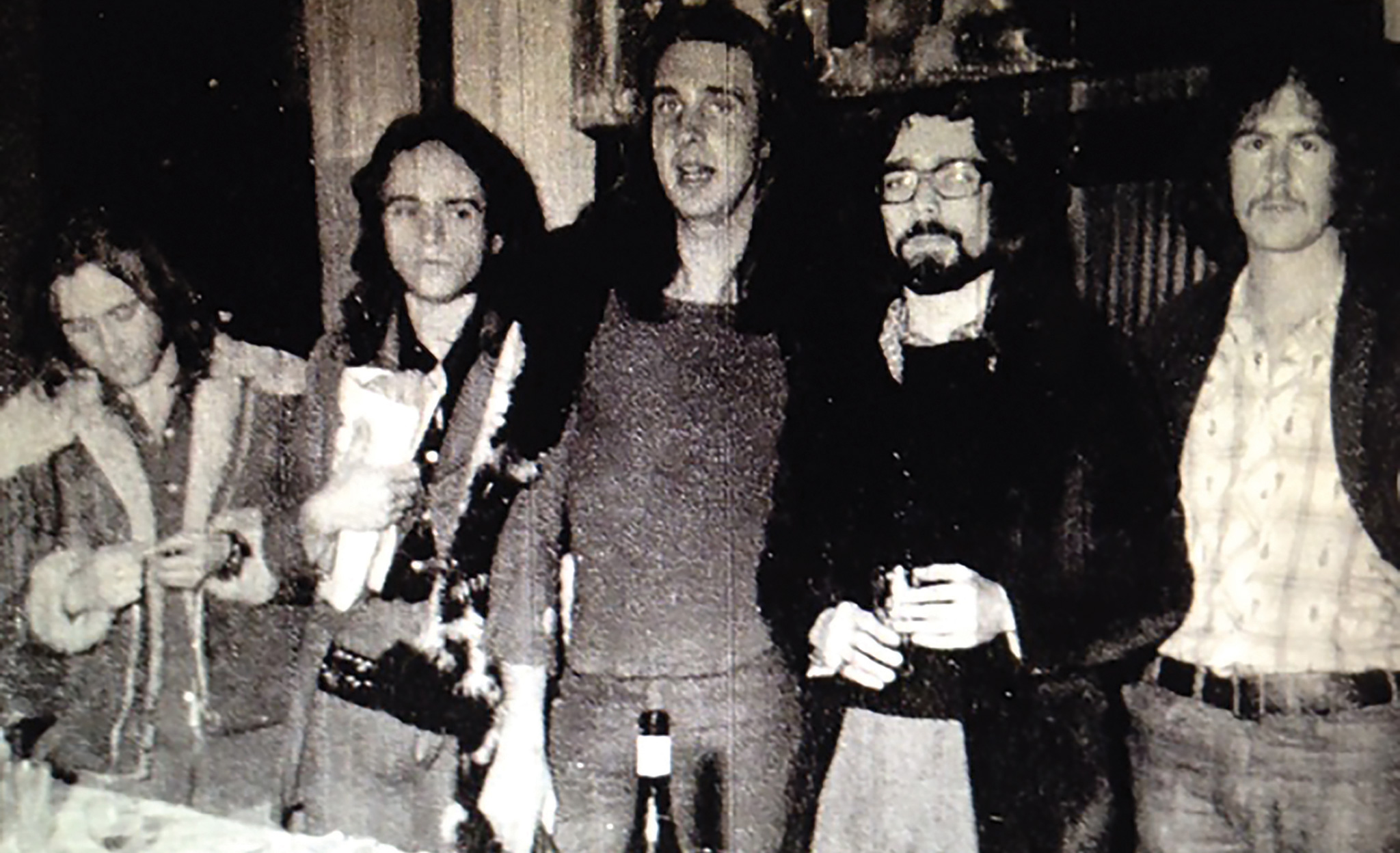
The size of the operation at times could work against them: “We really didn’t have the capacity to take on more acts so therefore we missed out on Dexys, The Undertones, The Boomtown Rats, The Jam and The Human League,” Conroy sighs.
It was from here that Conroy moved to Warner in the 80s, becoming Managing Director in the US, working with artists such as Madonna, Paul Simon and AC/DC. He then moved to Chrysalis, before becoming the President of Virgin Records between 1992 and 2002. “My days at Stiff set me up to understand the needs of the acts I went on to work with. Rob Dickins at Warner taught me a great deal and Ken Berry who brought me into Virgin where I had 10 brilliant years with tremendous success working with a great team.”
As label president, Conroy worked closely with The Chemical Brothers, The Verve and Massive Attack. He also helped set up Innocent Records and broke Blue and Atomic Kitten. But the act he will always be remembered for from this era will be The Spice Girls. It’s an exceptionally eclectic CV.
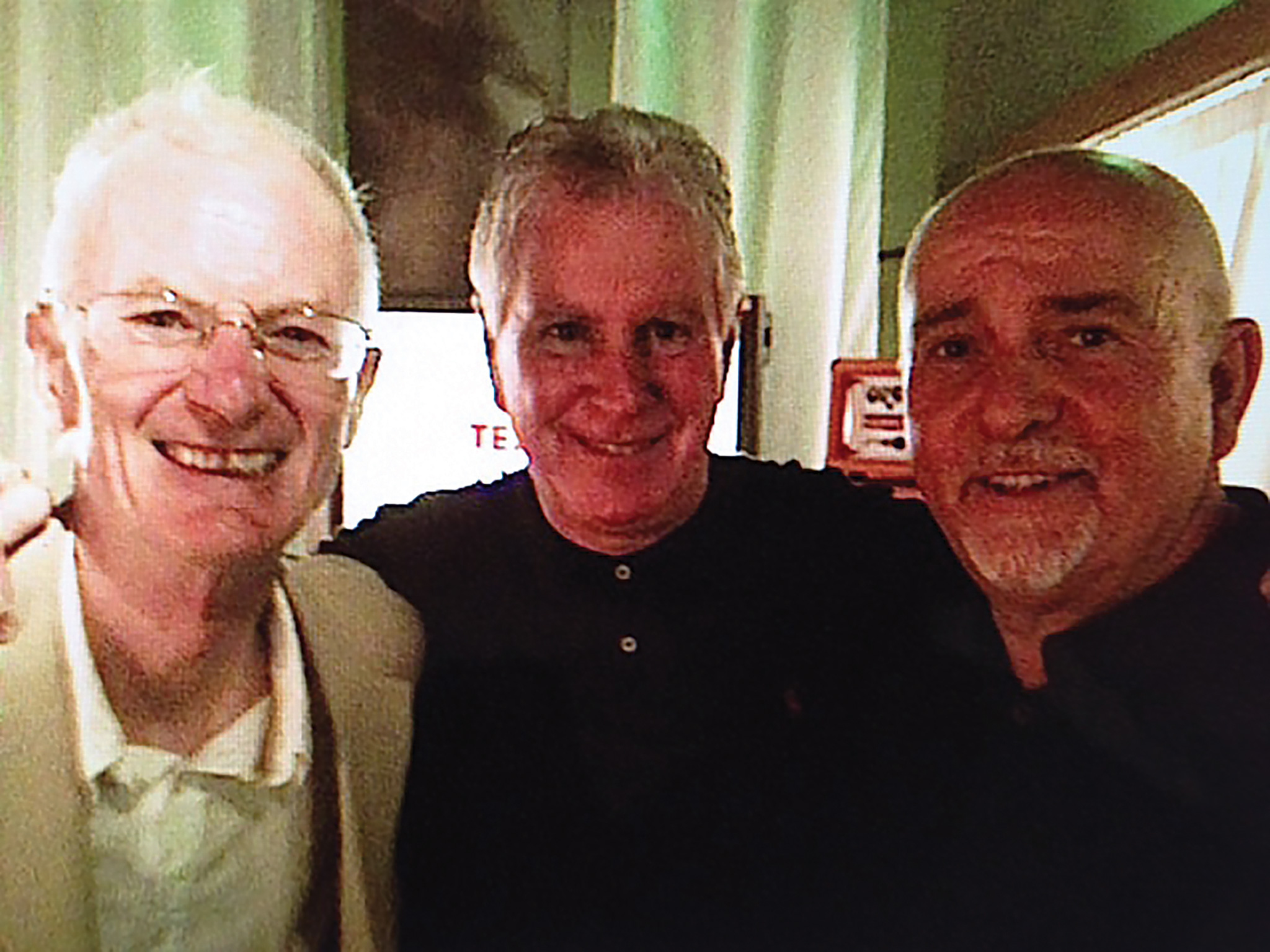
“I’ve always appreciated all types of music, being part of the John Peel generation,” Conroy says. “I’ve never had to make excuses for the types of music I listen to or the artists I worked with and share their vision.”
In 2002, Conroy and his wife Katie founded Adventures In Music Management and had one of the last physical-format single smashes with the million-selling Christmas No.1 Mad World, by Michael Andrews, featuring Gary Jules. Today, Conroy is a much-respected advisor on releases for many venerated bands.
Of all the acts Paul Conroy worked with that he feels deserved greater success, he’s unequivocal. “Caravan, Caravan and Caravan. They were signed to Decca, who were not as inventive as Charisma. They never got the breaks and suffered lack of investment from Terry King. They were never press darlings, either. They could have done with the likes of the Charisma tours, although we did tour with Barclay James Harvest. I would have loved to have seen them get as much success as Genesis.
“I was an organised facilitator with a thirst for making things happen,” Conroy says. “I loved the challenge and the opportunity to work with creative people. Over the years, having been an agent, manager, fan and record company person, I got to understand the needs of artistes and helped to get them opportunities. I have always thought of myself in a similar role as a football manager, to be able to inspire teams of people to rise to the challenge.
“There was no industry when I first started, just a collection of very different people, many just out to make a fast buck. There were no rules or accepted ways of doing things – we had fun and never thought we would still be working all these years later. We made mistakes but it never stopped the drive to crack on.”
And Conroy’s advice to those starting out today? “Work and play hard, have great friends and contacts. Say goodbye to friends who don’t love music, take the knocks and pick yourself up and start again. Never take no for an answer – but know when you’re wrong.”
CONROY’S CLASSICS
Five favourite albums of his time.
Foxtrot Genesis, Charisma, 1972
Pawn Hearts Van der Graaf Generator, Charisma, 1971
In The Land Of Grey And Pink Caravan, Deram, 1971
Lord Of The Rings Bo Hansson, Charisma, 1970
My Aim Is True Elvis Costello, Stiff, 1977
PAUL’S TOP SHOWS
Paul Conroy’s all-time favourite live performances.
Van der Graaf Generator: Teatro Massimo Milano, February 8, 1972
Elvis Costello: The Nashville Rooms, 1977
Genesis: Foxtrot Tour, The Rainbow, February 7, 1973
Yes: The Marquee – Tuesday residency, 1969
Family: wherever I could see them!
Led Zeppelin: Ewell Tech, October 26, 1968
The Managers That Built Prog: Charisma's Tony Stratton-Smith
The Labels That Built Prog: Charisma Records
Led Zeppelin: 'When Peter Grant Laid Down The Law, People Would Be Shaking'
